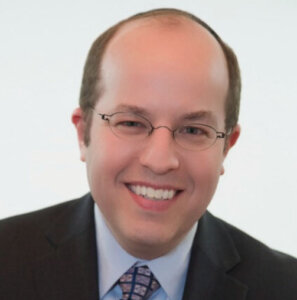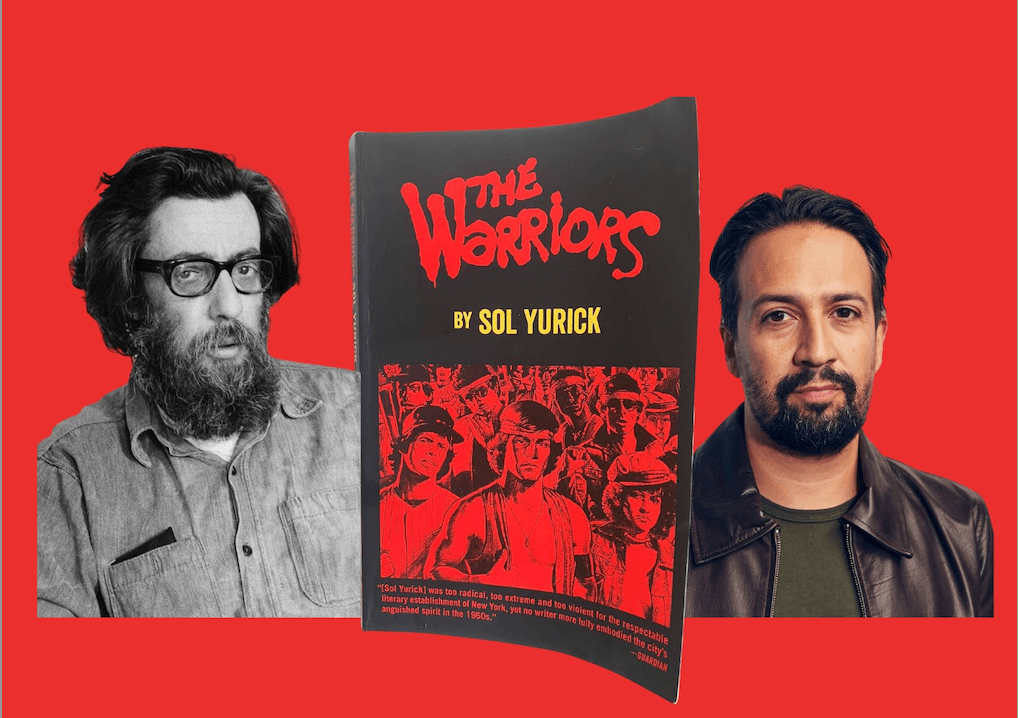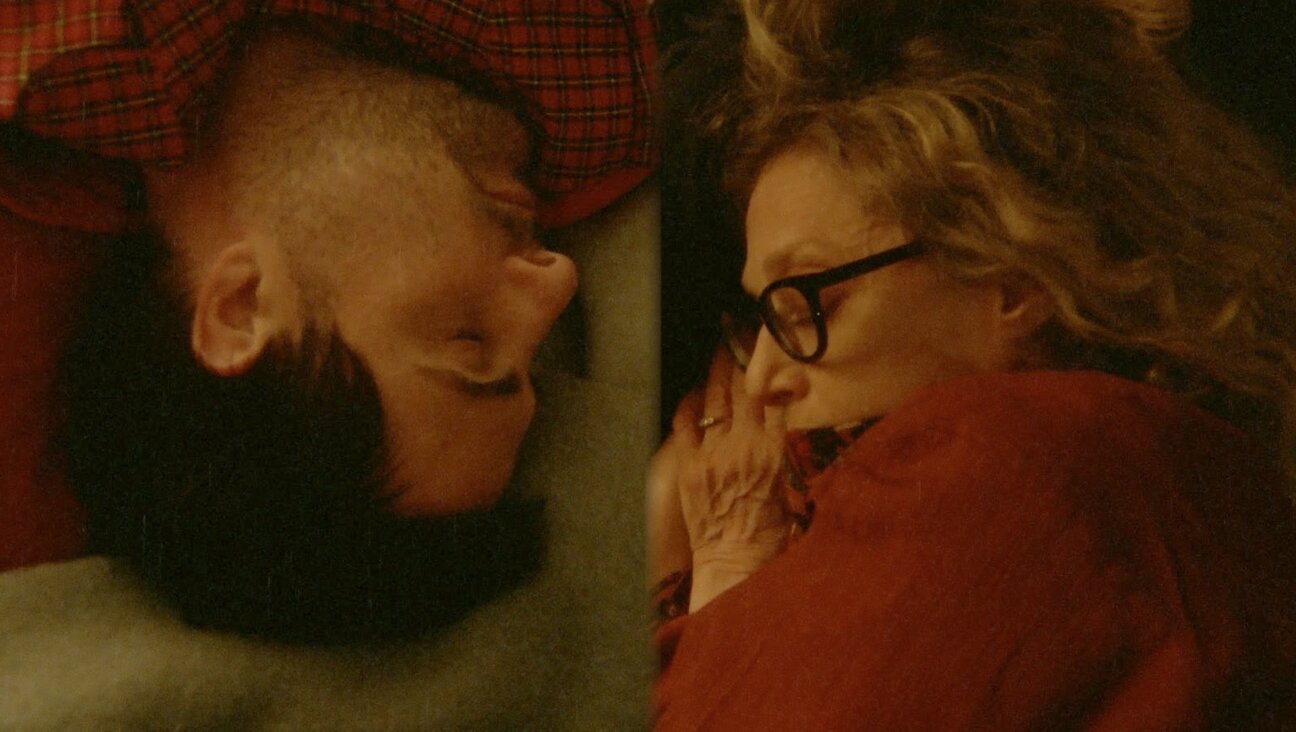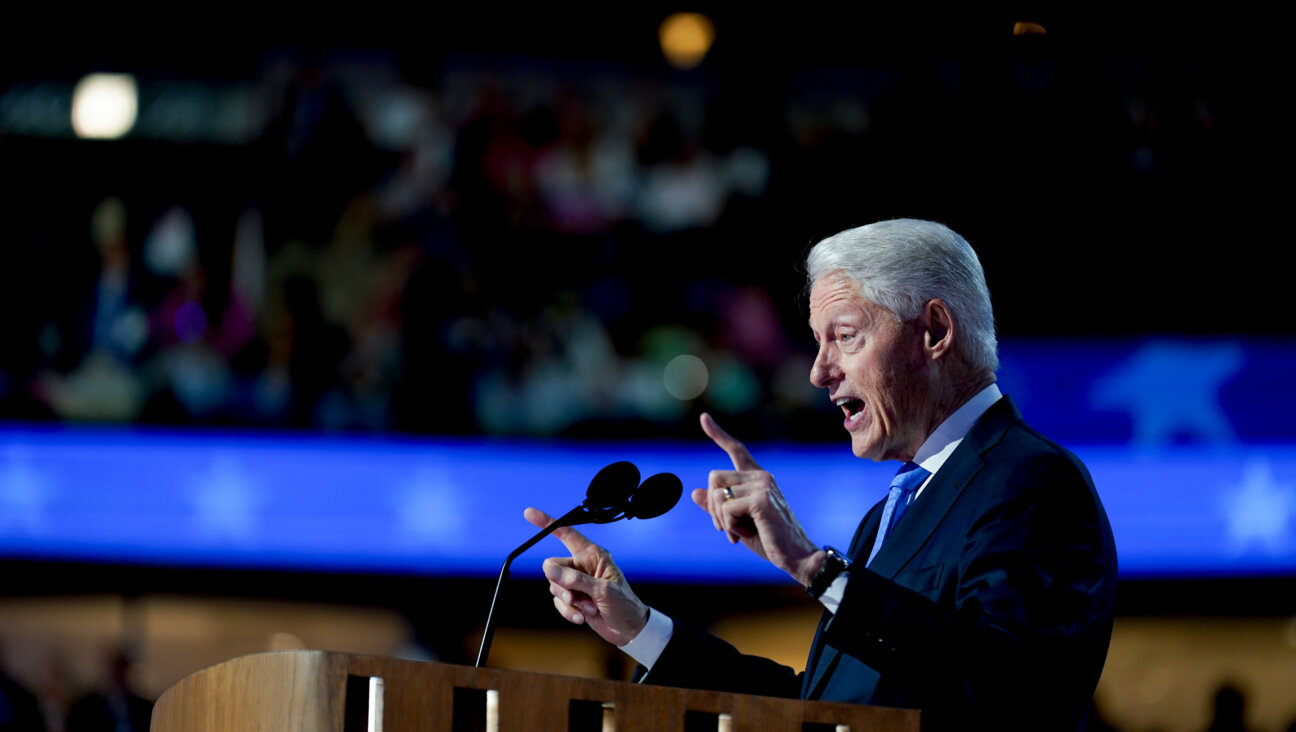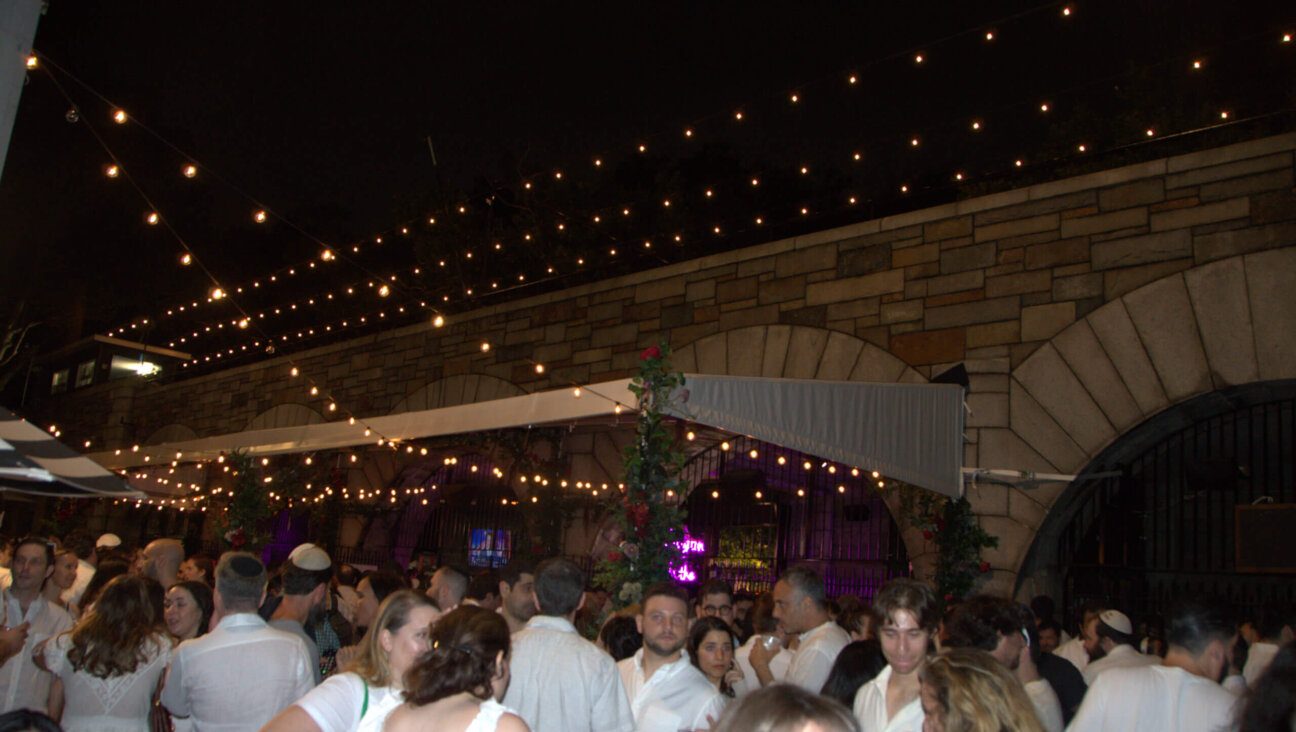What will they say about you when you die?
If your eulogy was written today, what would you want it to say?
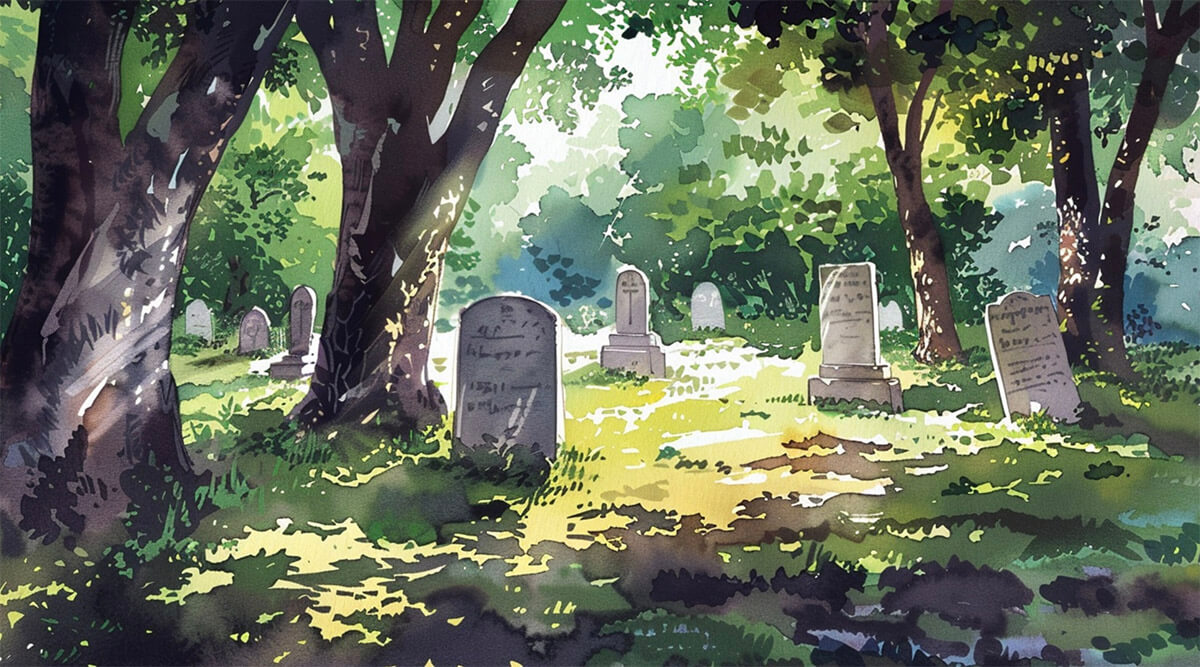
Illustration by Midjourney
I’ll never forget the call.
It was 1989 and, like most college students, I spent winter break in Florida looking for some sun visiting my maternal grandparents, who lived in North Miami Beach. Lounging at the pool, going on walks with them, or eating out, the experience was a wonderful way to decompress after an intense period of finals.
Although being the oldest of six children came with big brother responsibilities, life was great and my worries were minimal. That warm Wednesday afternoon in January, my grandparents and I spent the morning at the pool. We were just coming back when we received a call that would change my life forever. My mother had suffered a brain aneurysm. She was just 44 years old. Our world was turned upside down. I learned that life can change in an instant.
Over time, that call I received 35 years ago has evolved into a calling. Her passing instilled within me an acute awareness of the fragility of life and the gift of every day. I live with a heightened sense of urgency to realize my divine potential and to do my utmost every day to harness all of my energy and talents to help other people realize their potential as well.
When I got to the same age as my mother, I thought more deeply about my own mortality. I became even more attuned to the stark reality that every second, every goodbye as someone leaves in the morning, and every milestone graduation or birthday could be the last.
In truth, almost everyone experiences such an awakening in their lives. There’s a moment in all of our lives when we experience a wake-up call: a moment when the terra firma beneath the normal ebb and flow of life is shaken or stirred. You might call it an inner earthquake. For some it may, God forbid, be a death in the family or a personal illness. For others it may be an awakening due to the birth of a child or grandchild, or a wedding, a recent economic upheaval, the loss of a job, or challenges at work.
When we experience a brush with our own mortality, we ask ourselves, “How can I lead a more fulfilling and meaningful life?” As Peter Lynch, the famed manager of Fidelity Magellan Fund, explained upon his abrupt retirement in 1992, “There is more to life than money and management.”
Our last words, and our legacy
The most poignant expression of this deep-seated desire emerges at a funeral when we are confronted with our own mortality. For a brief time, we hear about the life of another person — what they loved, who they touched, what they lived for, who they influenced, and how they’ll live on.
As we leave the funeral, we ask ourselves, “How will I be remembered?” We may be reminded about the importance of family and pledge more time with our own or reexamine our friendships or the infinite value of a good name.
But by the end of the day, if not sooner, the awakening dissipates or becomes dormant, only to reemerge at another funeral or life-altering event, when, once again, we ask ourselves whether we’re maximizing our potential and if we’re truly happy and leading a life of impact. At some point, every human being asks themselves these questions, but all too often, the inspiration to act on them wafts away like a cloud on a breezy summer day.
How do we retain the feeling? How do we organize and orient our lives around our inner aspirations and actions every day?
The answer is to reverse engineer our lives. It starts with developing your prototype. Take time to think about the person you aspire to be and keep your vision front and center every day.
The final words of a dying person or a eulogy distill our core values into a clear and coherent mission for life. Don’t wait. Do it now. Live life not from crises to crisis but in calling.
In his memoir, Rabbi Emanuel Feldman, formerly a prominent rabbi in Atlanta, wrote about the most difficult question he was asked in his entire rabbinic career. He once received a call from a woman who was desperate to meet with him. When they met, he asked her what was so urgent and how he could help. The woman said, “Rabbi, I have cancer of the larynx and next week I’m having surgery to have my larynx removed.”
She asked him, “Rabbi, I’ll never be able to speak again, but I can choose the final words my lips will ever utter. What should they be?” Rabbi Feldman described this as the most difficult question he had ever been asked. He encouraged her to recite a prayer and told her, “You can pray in any language and God’s door is always open.” They recited a prayer together, and as he left she remarked, “Tonight, I’ll say another prayer, but you pray for me too. Thank you for visiting. I’m still frightened, but a lot less than before.”
What would our last words be? Would it be an expression of love to a spouse or child, a statement of your faith, a prayer that you offer, or a song? If we could only speak one more time, what would we say? Why not say it now?
What is truly important in your life, and how do you want to be remembered?
Take time to answer this one question. What five words do you want to be remembered by? Someone who described my mom said about her “A stranger to no one.” What are your five words?
God willing, we will live our lives now for how we want to be remembered and lead lives of legacy now and forever.
A message from our Publisher & CEO Rachel Fishman Feddersen

I hope you appreciated this article. Before you go, I’d like to ask you to please support the Forward’s award-winning, nonprofit journalism so that we can be prepared for whatever news 2025 brings.
At a time when other newsrooms are closing or cutting back, the Forward has removed its paywall and invested additional resources to report on the ground from Israel and around the U.S. on the impact of the war, rising antisemitism and polarized discourse.
Readers like you make it all possible. Support our work by becoming a Forward Member and connect with our journalism and your community.
— Rachel Fishman Feddersen, Publisher and CEO



